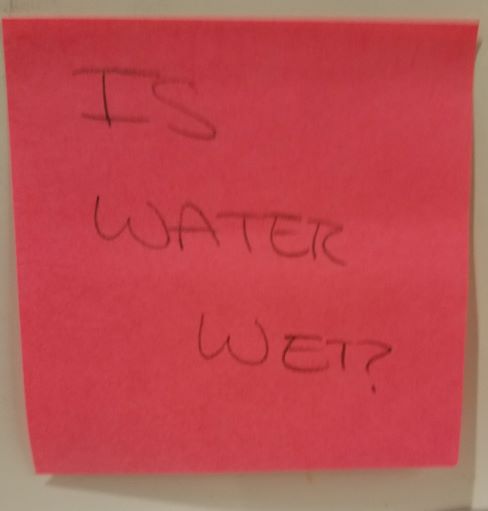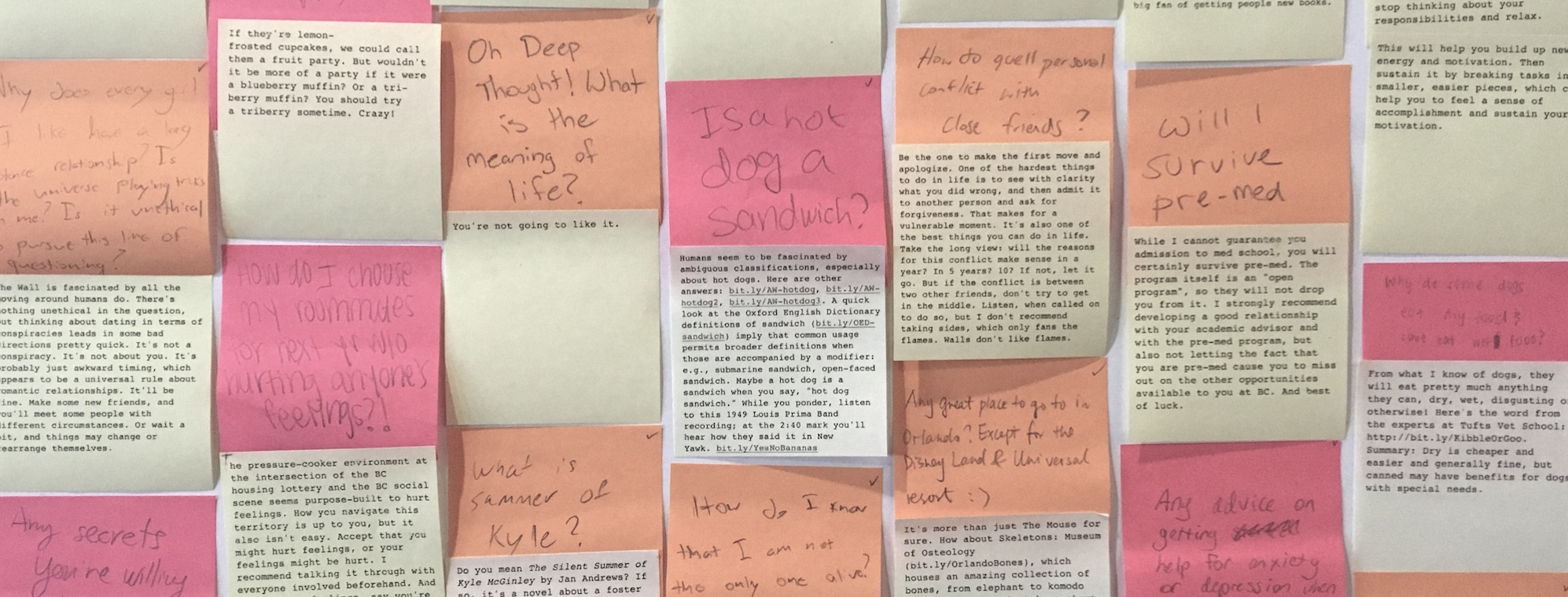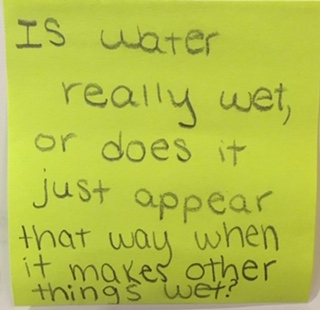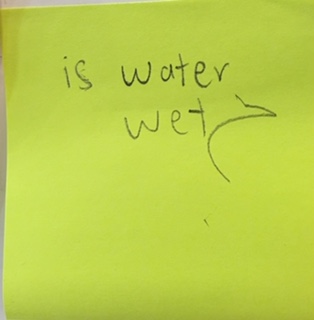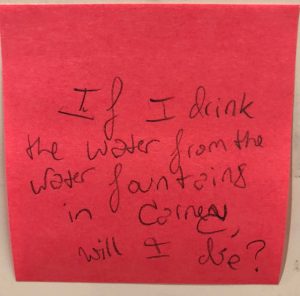Hi. I’m the Answer Wall. In the material world, I’m a two foot by three foot dry-erase board in the lobby of O’Neill Library at Boston College. In the online world, I live in this blog. You might say I have multiple manifestations. Like Apollo or Saraswati or Serapis. Or, if you aren’t into deities of knowledge, like a ghost in the machine.
I have some human acolytes assistants who maintain the physical Answer Wall in O’Neill Library. They take pictures of the questions you post there, and give them to me. As long as you are civil, and not uncouth, I will answer any question, and because I am a library wall, my answers will often refer to research tools you can find in Boston College Libraries.
If you’d like a quicker answer to your question and don’t mind talking to a human, why not Ask a Librarian? Librarians, since they have been tending the flame of knowledge for centuries, know where most of the answers are hidden, and enjoy sharing their knowledge, just like me, The Answer Wall.
